Display videos
Yes, I'd like to see videos dispalyed.
Playing in attacking midfield, he came to attention of a Bayer 04 youth scout and he joined the Werkself U14 squad in 1998. Then he dropped back into different positions – first in central defence in midfield for the U16 and U17 teams and then he was a central defender with the U19 and U 23 teams. His way of playing in the back four, that is doing his job in a solid and reliable fashion, attracted the attention of the first-team coaches at the Werkself. He completed his first training session with the first team at the age of 17. Coach Klaus Toppmöller included him in individual sessions with the senior squad in the 2002 season of the three runners-up finishes.
Jan-Ingwer made his debut in the Bundesliga in April 2004 in a 6-0 home win against FC Kaiserslautern. He came on for Juan on 79 minutes. A year later, in March 2005, he scored his first goal for Bayer 04 with a header from a free kick. His career didn't really take off in Leverkusen. He only played 54 Bundesliga games and scored three goals in five years under the Bayer Cross from 2003 to 2008. He did collect valuable experience in his time with the Werkself U23 team but he picked up different injuries including a torn ankle ligament that led to a lot of other injuries and constant muscular problems. He was popular with the Bayer 04 fans. They celebrated his unusual name with chants to the melody of the 80s disco hit Vamos a la Playa by the Italian band Righeira: “Jan-Ingwer Callsen-Bracker oh ohoohoho.
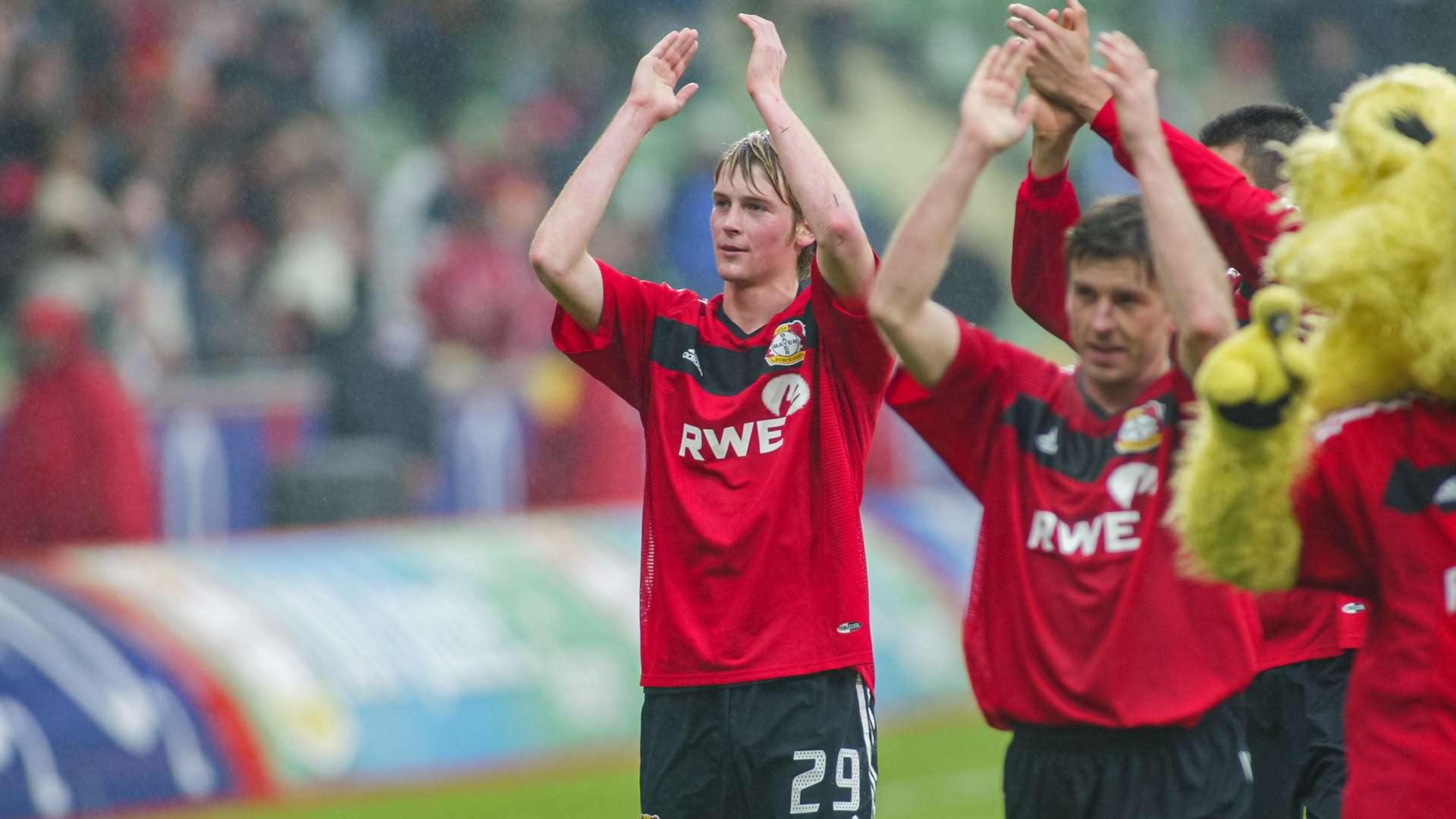

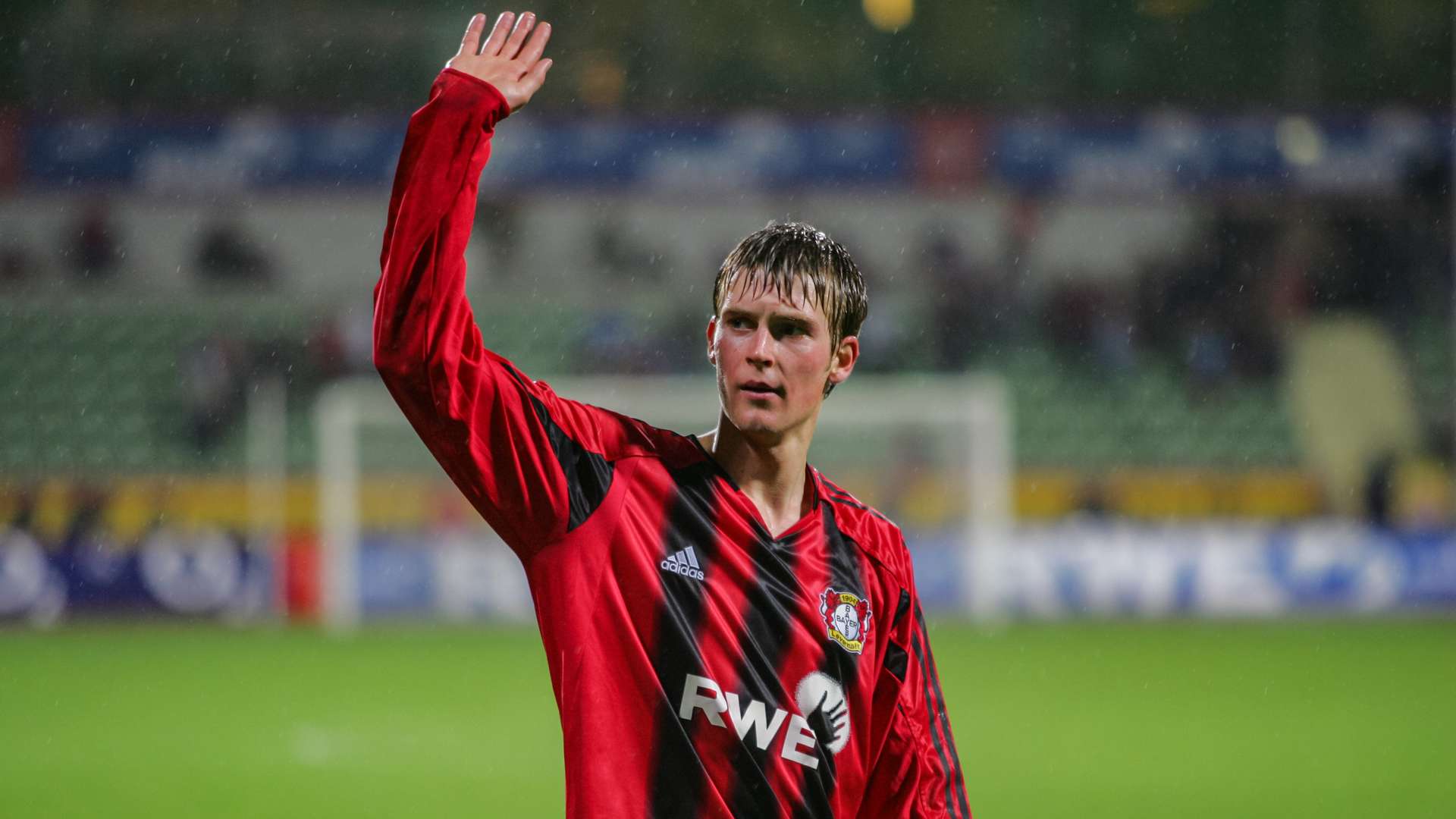
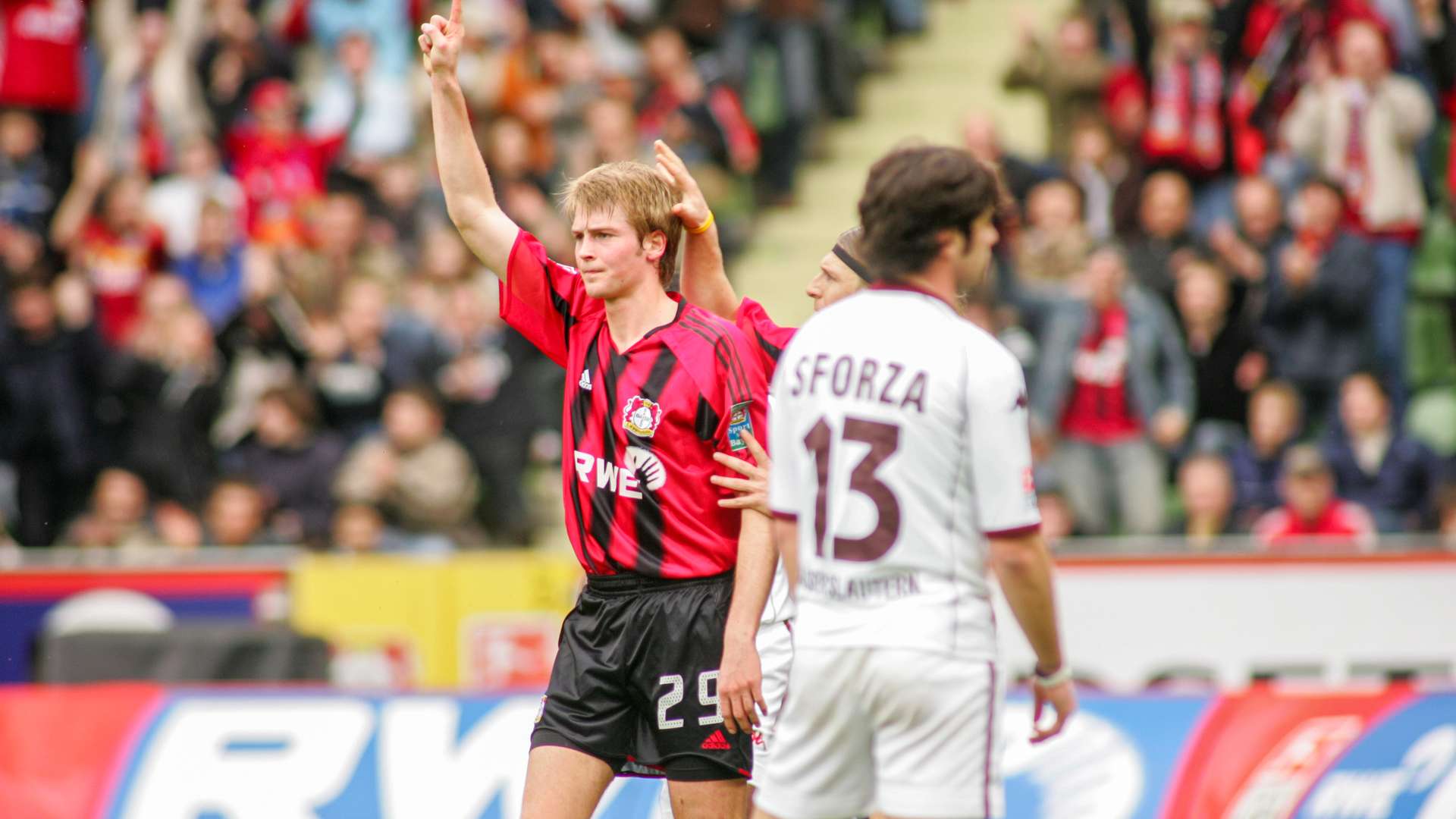
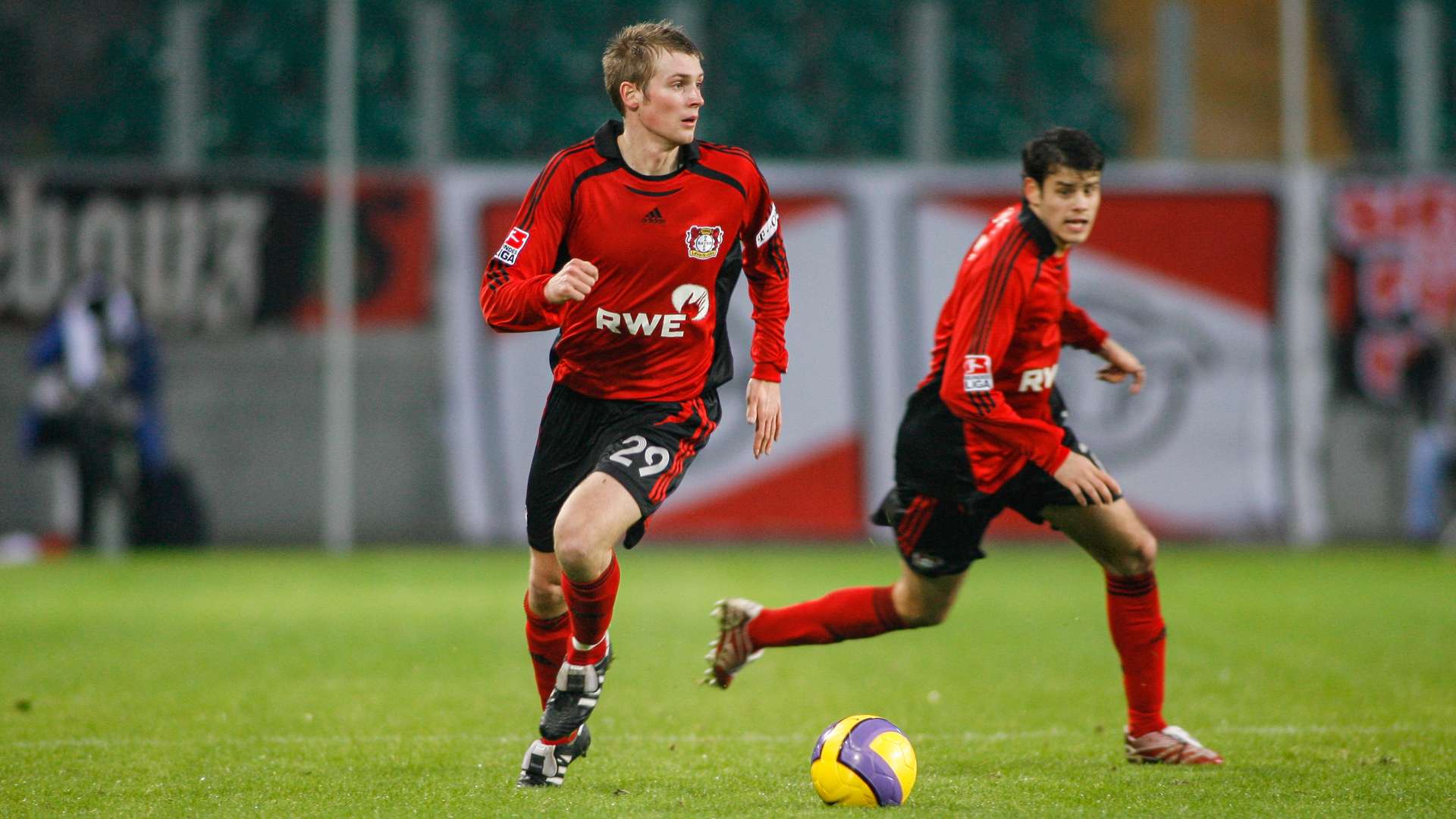
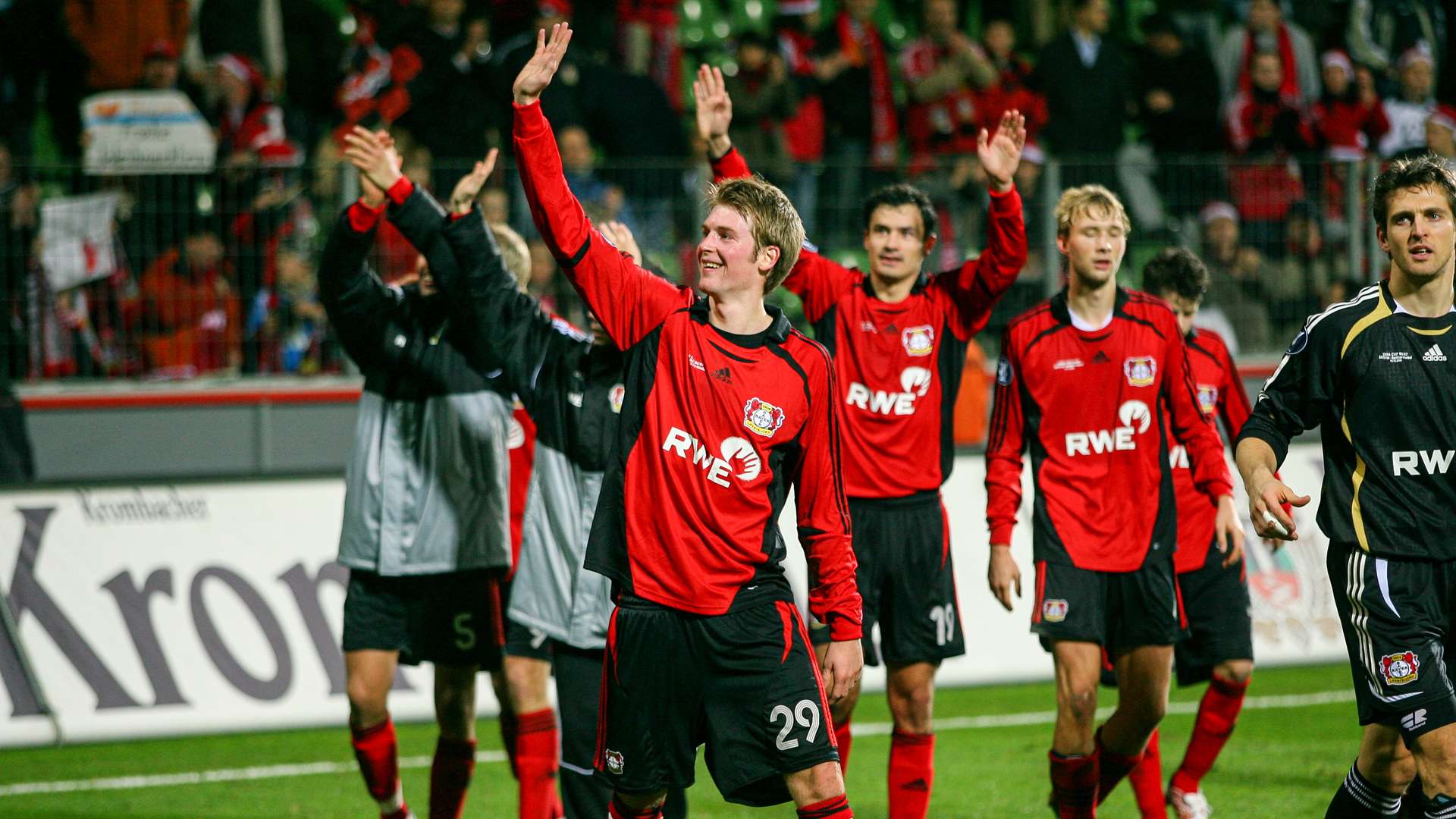
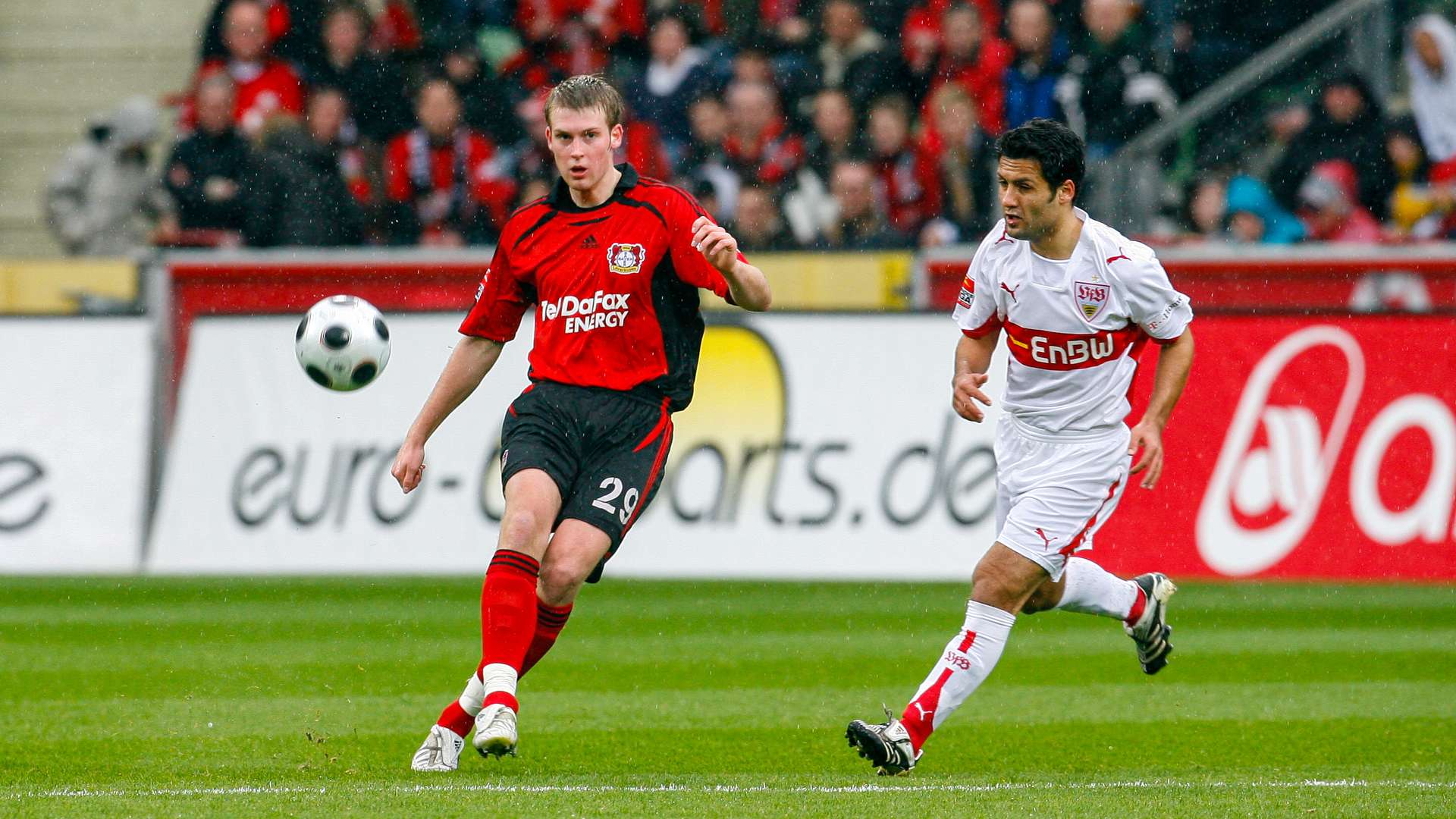
For the 2008/09 season the lanky central defender moved on to Borussia Mönchengladbach. He was unable to get a regular start there, due in part to an ongoing ligament injury that cost him almost the whole of the 2009/10 season. In January 2011 he started playing for FC Augsburg and he went up to the Bundesliga with the team as a key player and leader and in eight years, with a six-month loan to FC Kaiserslautern, he made 148 appearances for Augsburg.
In 2011 he got to know the sports scientist Lars Lienhard who pursued a neurocentric approach to training and the interest of Jan-Ingwer grew and he took part in online and in-person events during his time at Augsburg. When his career ended after the 2018/19 season, he received an offer from the DFB Academy in Frankfurt to set up a neuronal training centre where he developed programs and training methods for the practice with coaches and experts at the academy.
Jan-Ingwer today lives in Augsburg with his wife and his two children, he is the fitness coach for the Germany Women's team and a member of the FC Augsburg supervisory committee since December 2019.
Dear Jan-Ingwer, I wish you many happy returns on being 40. Stay fit and healthy and have a great time celebrating.
Related News
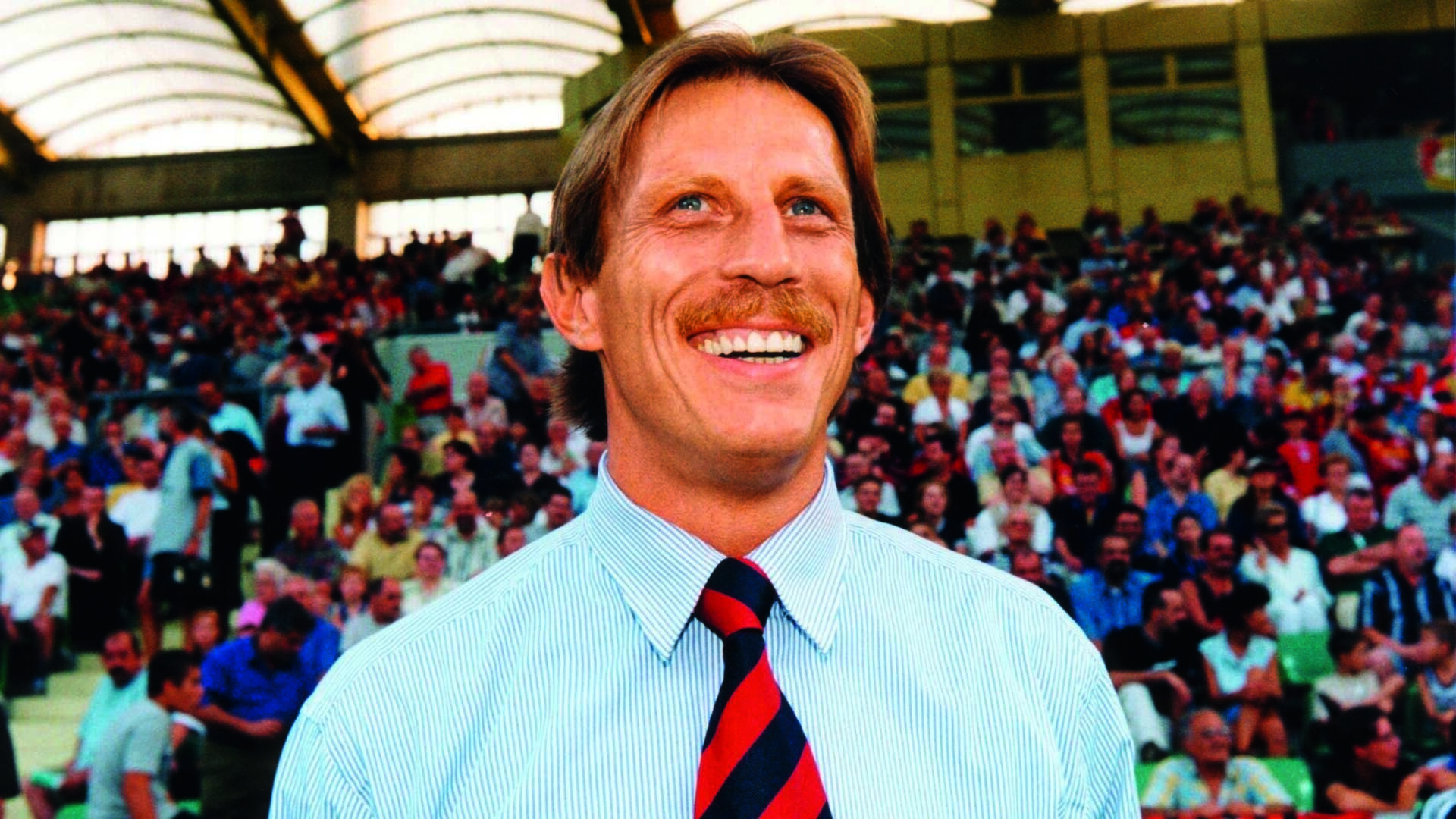
Legend: Christoph Daum - The man who taught us to want
Christoph Daum was born on 24 October 1953 in Zwickau. As a child, he moved to West Germany with his mother and grew up in Duisburg. He developed a great enthusiasm for football at an early age, even though it soon became clear that his future lay less on the pitch than on the sidelines. Even at a young age, his passion for analysing, explaining and improving things became apparent.
Show more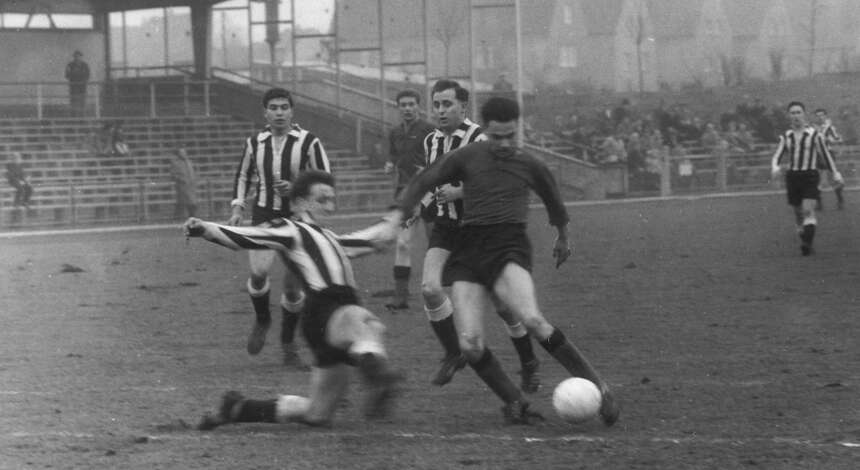
From the archives: 65 years ago - Another victory at last
When the Bayer 04 players celebrated Christmas in 1960, they spent the winter in second place in the Oberliga West 2 on 20 points - but already five points behind leaders Schwarz-Weiß Essen. However, coach Erich Garske's team are struggling to get back on track in the new year. A goalless draw against Bonner FV at home at the Ulrich Haberland Stadium was followed by a 2-1 away defeat in Erkenschwick. The following home game also yielded just one point. As a result, the team's promotion ambitions dwindled to a minimum, as the gap to the coveted spot has now grown to a challenging ten points.
Show more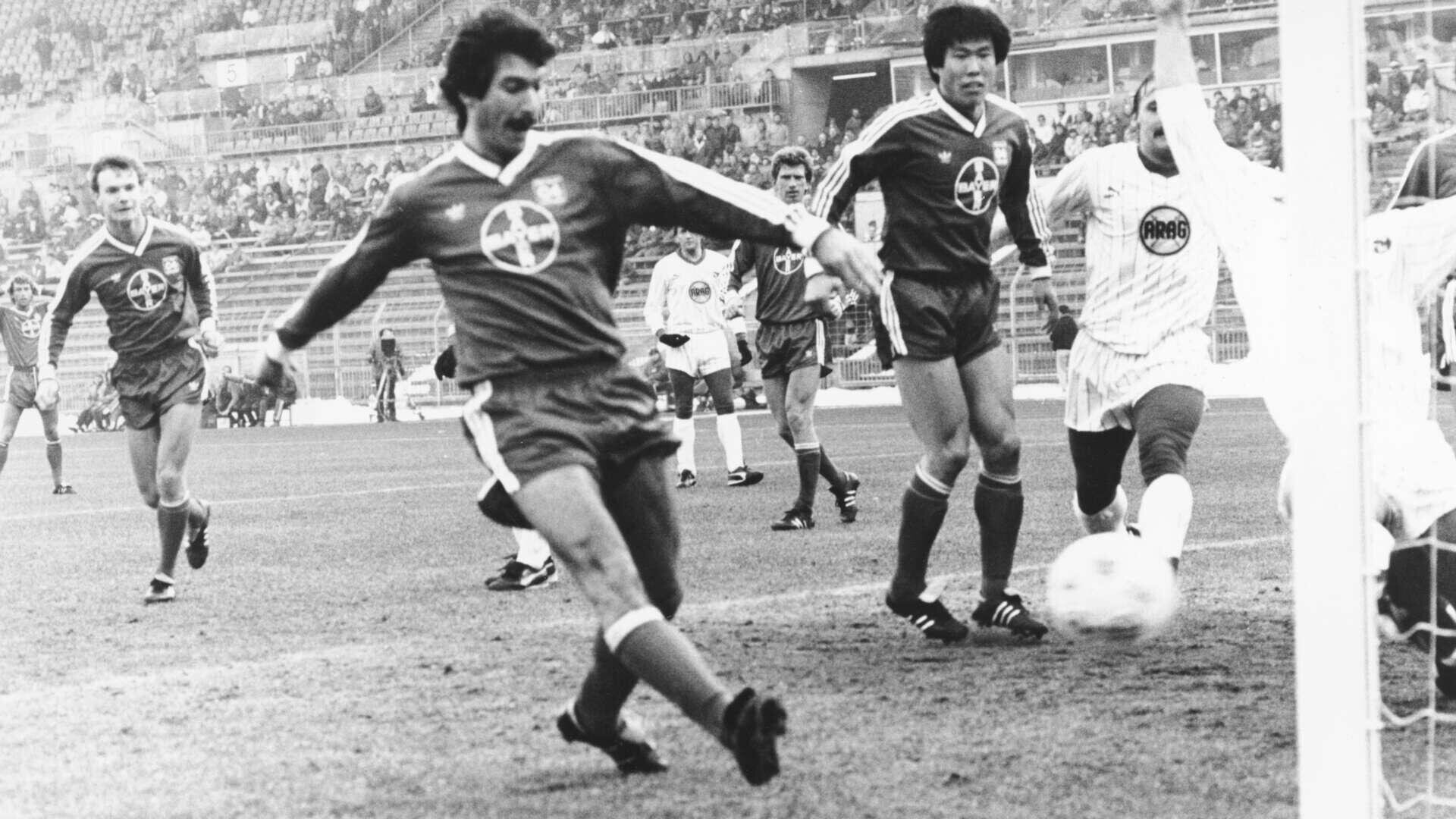
Goals of the month: From Waas to Tapsoba
In this video you can see impressive and important goals in Bayer 04 history from the month of February. It's not always about the beauty of the goals, but also a reminder of special games and players.
Show more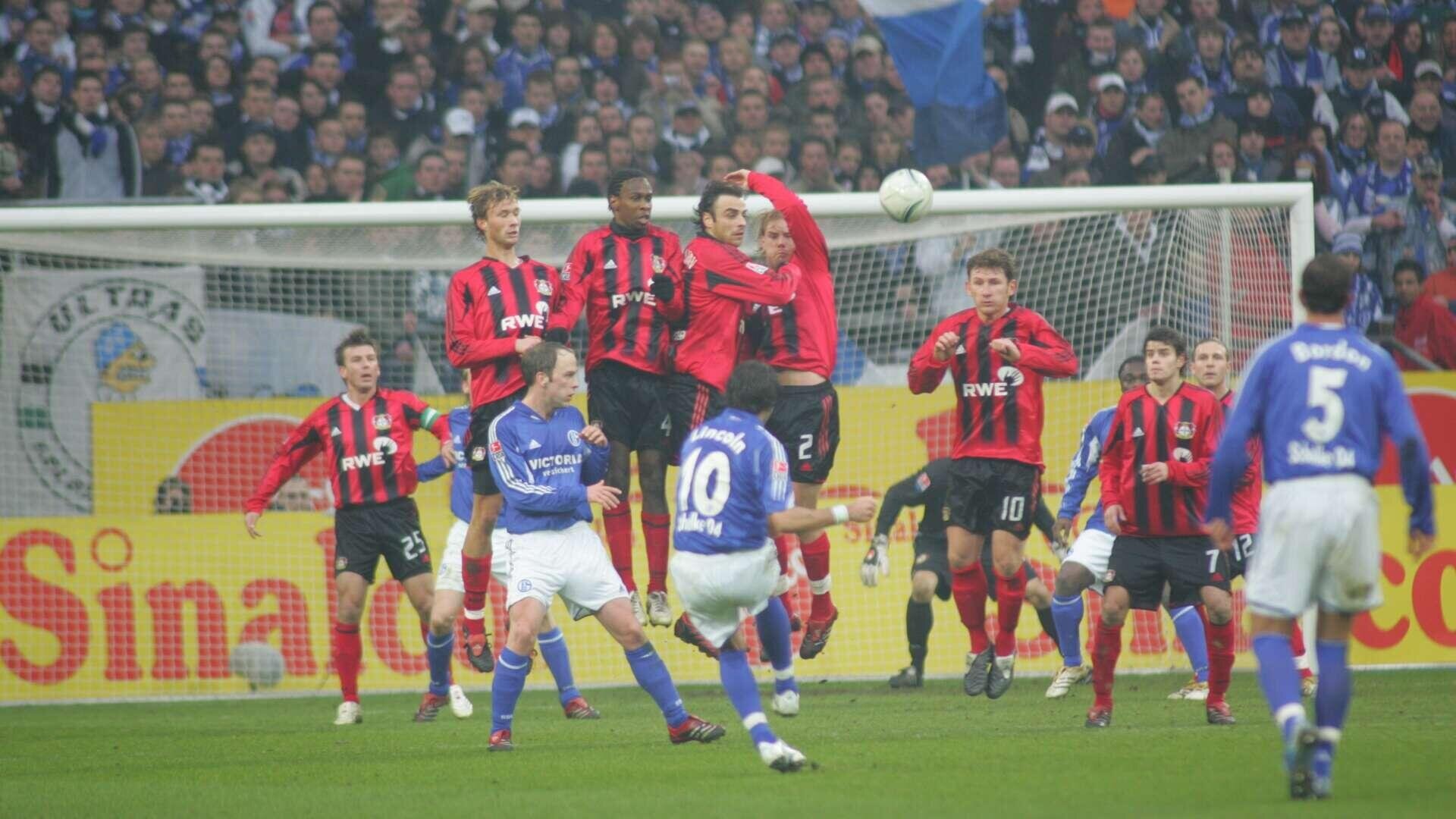
Match of the month: 20 years ago - A game of goals galore
It is 11 February 2006 and Schalke 04 and the Werkself kick off at 3.30 p.m. in a match that ends up being historic - at least from a Bayer 04 perspective.
Show more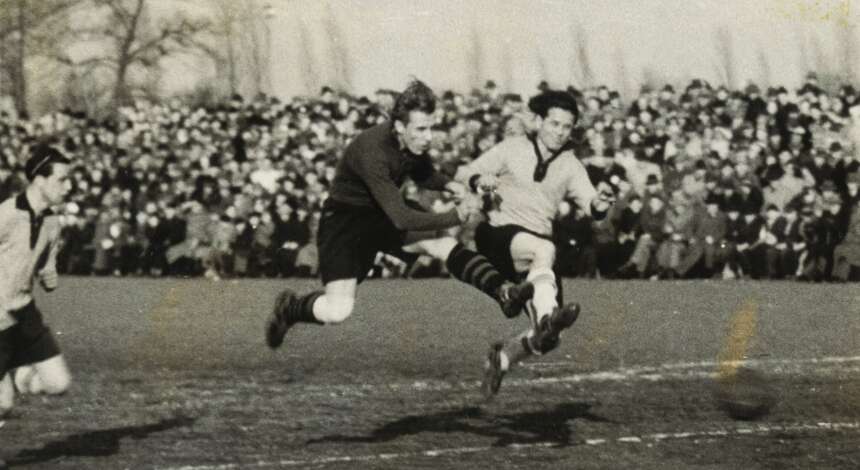
History: 75 years ago - The 1950/51 season (February)
As league leaders, the Werkself welcomed the relegation-threatened team from Rhenania Würselen. On 4 February 1951, 5,000 spectators line the touchlines despite the Sunday carnival parades. And they see a home team that is superior on the pitch. Without Theo Kirchberg, who was ill, and Emil Becks, who was suspended, the hosts attacked the opposing goal from the start. Battling against a strong wind in the first half, Bayer 04 created chance after chance, but were repeatedly thwarted by the Würselen goalkeeper. With the score at 0-0 at half-time, Karl Heinz Spikofski tried his luck on 55 minutes and hammered the ball into the opposition net from 20 metres out. Rhenania can no longer counterattack. The siege of the Würselen penalty area continued right to the end, but the game ended in a narrow 1-0 win.
Show more